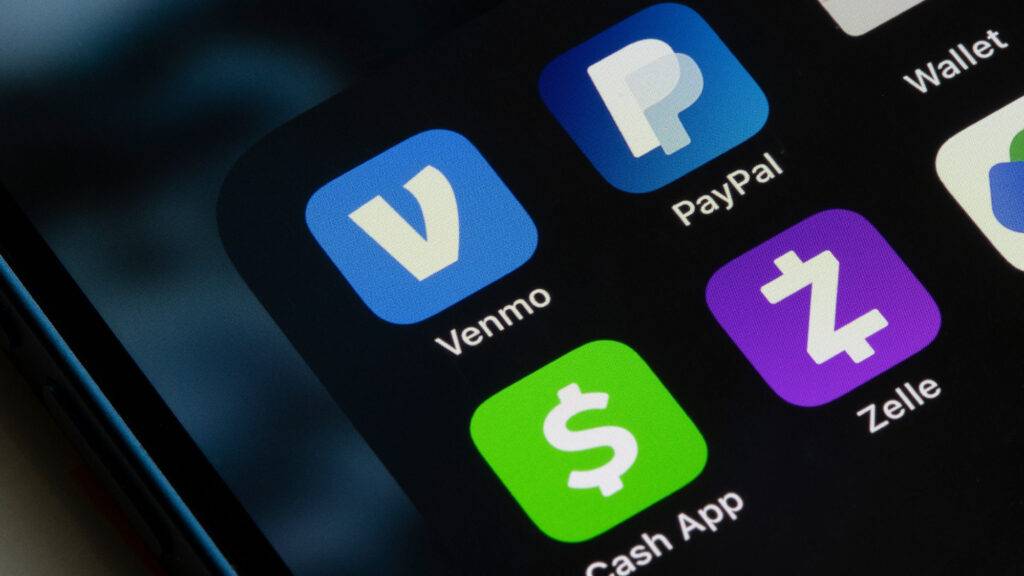
- |
- TaxByte
The IRS released Notice 2025-70 requesting comments on Section 25F. But what is Section 25F
4 min read
SHOP THE WINTER SALE – Get deals across the digital catalog, conferences, credit packages, and more.

On November 26th, the IRS issued Notice 2024-85, which provides transition relief for third-party settlement organizations (TPSOs) like PayPal, Venmo, and CashApp. The reporting threshold for 2024 will now be $5,000, dropping to $2,500 in 2025 and $600 in 2026 and beyond.
Notice 2024-85 also specifies that for calendar year 2024, the IRS will not assert penalties under section 6651 or 6656 for TPSOs that fail to withhold and pay backup withholding tax during that year.
These new reporting rules were first introduced as a part of the American Rescue Plan Act in 2021 to collect taxes from business owners and gig workers who receive payments via third-party payment processors. However, implementation was delayed in both 2022 and 2023. Companies like PayPal, AirBNB, Cash App, and Etsy formed The Coalition for 1099-K Fairness to urge Congress to raise the reporting threshold. Among other objections, they assert that the new reporting rules are unfair to “casual sellers,” including millions who have never been issued a 1099-K in the past.
In 2023, the IRS estimated that 44 million Americans would receive 1099-Ks in 2024, nearly four times as many as 2023. The gig economy continues to grow rapidly, with the latest Statista reports estimating that more than 50% of the American workforce will be participating in some form of freelance work by 2027.
With more people hitting reporting thresholds for receiving online payments, it’s important to make sure clients know their filing responsibilities if they receive any income through payment apps or online marketplaces.
Subscribe to our news, analysis, and updates to receive 10% off your first purchase of an on-demand digital CPE course.